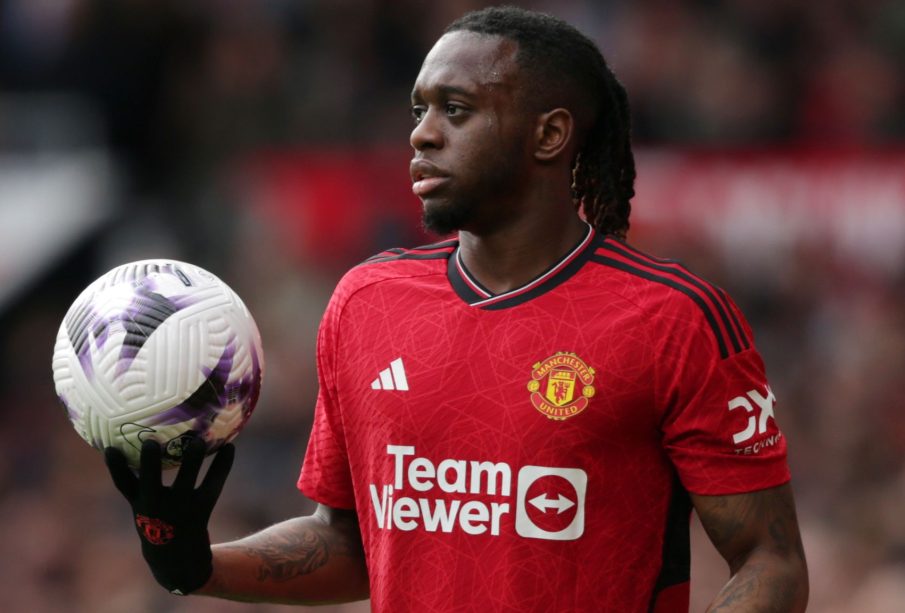Understanding Wan-Bissaka: Career Insights and Future Challenges

Introduction
Aaron Wan-Bissaka, a prominent name in professional football, has gained recognition for his remarkable defensive abilities and rapid ascent in the sport. As a right-back for Manchester United, his performance has a significant impact on both the team’s success and the evolution of defensive strategies in modern football. Understanding his journey and contributions is essential for fans and analysts alike, especially considering the competitive nature of the Premier League.
Career Journey
Wan-Bissaka was born on November 26, 1997, in London, and began his career in the youth system of Crystal Palace. He made his first-team debut for the Eagles in February 2018. His defensive prowess quickly became apparent, as he earned a reputation for his exceptional tackling skills and ability to nullify opposing wingers. By the end of the 2018-2019 season, he had made over 40 appearances for Crystal Palace and was named the club’s Player of the Year.
In the summer of 2019, Wan-Bissaka secured a high-profile transfer to Manchester United for a reported fee of £50 million, making him one of the most expensive defenders in football history at that time. Since joining the Red Devils, he has continued to impress, often being the backbone of the defence. His performance in key matches and high-pressure situations illustrates his importance to the team, particularly during domestic and European competitions.
Contributions to Manchester United
Wan-Bissaka’s contributions extend beyond defence; he has developed his attacking play significantly, providing width and support down the right flank. He is known for his ability to track back and recover the ball, as well as his key passes leading to goal-scoring opportunities. As the 2022-2023 season progresses, he has also shown versatility, adapting his playing style to fit various tactical setups implemented by the coaching staff.
Challenges and Future Prospects
Despite his achievements, Wan-Bissaka faces challenges, notably competition from teammates and the pressing need to improve certain aspects of his game, such as crossing and offensive creativity. As Manchester United seeks to reclaim their position at the top of English football, his growth as a player will be critical.
Looking ahead, Wan-Bissaka’s future appears promising. If he can refine his skills and maintain his defensive discipline, he could solidify his status as one of the top right-backs in Europe. Additionally, with his current contract set to run until 2024, negotiations for an extension will likely hinge on his performance during this pivotal phase in his career.
Conclusion
Aaron Wan-Bissaka’s journey from a youth player at Crystal Palace to a key figure at Manchester United illustrates the potential for growth and success in professional football. His unique skills make him invaluable on the pitch, and as he continues to evolve, he remains a player to watch in the world of football. For fans, analysts, and aspiring footballers alike, his career offers valuable lessons in perseverance, hard work, and the importance of adaptability in a constantly changing sport.








